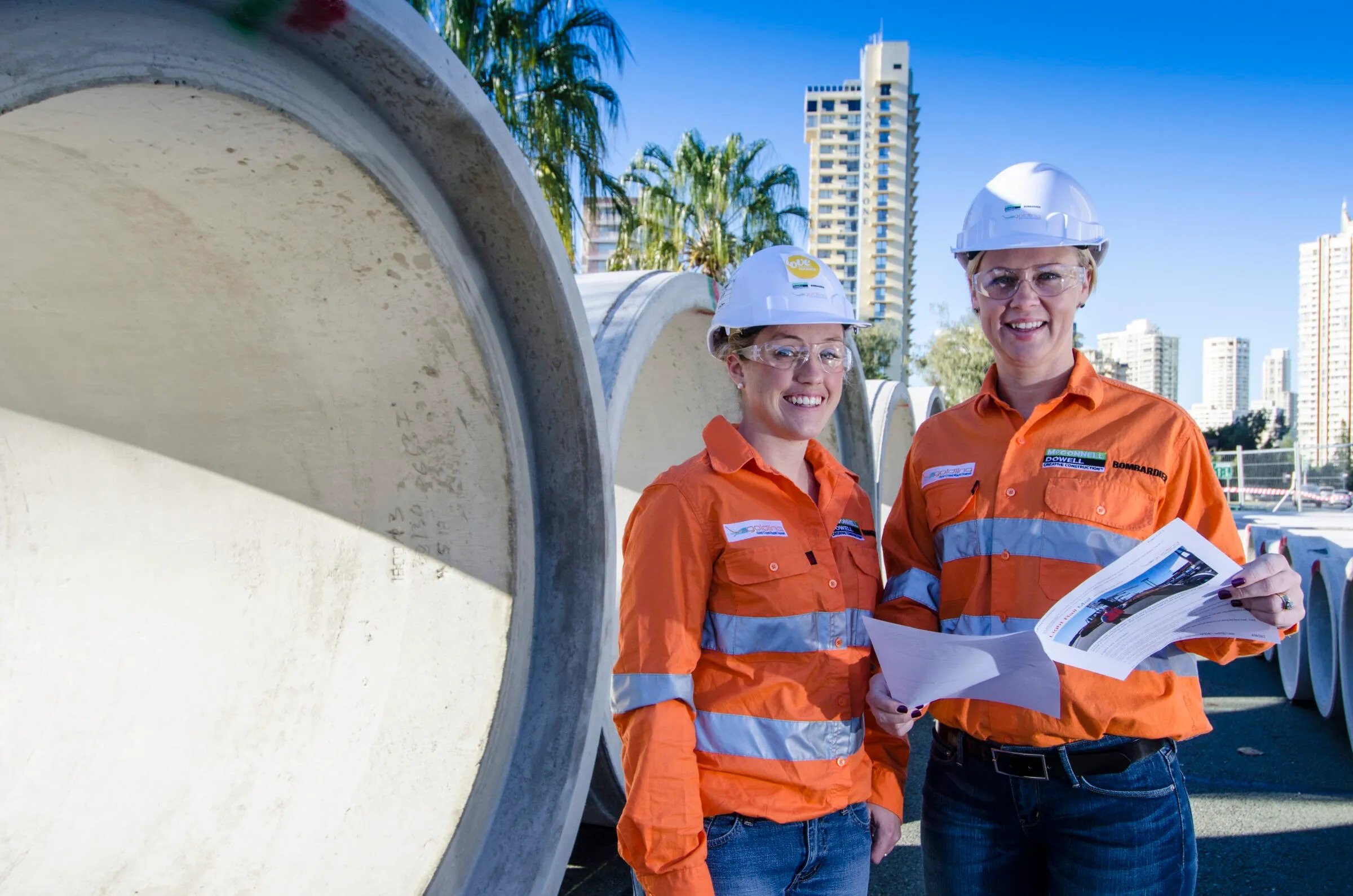Constructing Tomorrow: Why the Next Step Isn't Like the Last
Over the past few decades, the Australian construction sector has faced an unsettling trend. Despite the advancements in technology and practices, productivity levels remain lower than what we witnessed in the 1990s. According to the Productivity Commission, the construction industry's productivity growth has been below the national average for the past 20 years.
Marshall Goldsmith, the esteemed leadership author, has often highlighted the success paradox in leadership. He believes that the very attributes that once propelled a leader or organisation to success can sometimes become barriers in a changing landscape (‘What got you here, won’t get you there…’). For the construction sector in Australia, it's not just about revisiting old strategies but proactively anticipating and adapting to newer challenges.
Come 2024, the Construction Industry Culture Taskforce (CICT), backed by the Australian Constructors Association, the Governments of New South Wales and Victoria, and leading workplace researchers, is poised to introduce new culture standards via the Culture in Construction initiative. These standards aim to address core industry challenges and set the foundation for a more productive, inclusive, and forward-thinking construction environment.
The introduction of these standards is not just about compliance; it’s about ushering in a transformative era for the Australian construction industry. Businesses and leaders that align early with these new standards are not just future-proofing their operations but actively contributing to reversing the productivity decline trend.
But what does this mean for leaders in the construction industry? Here's where Goldsmith's insights come into play, albeit briefly. Leaders need to increase their self-awareness, challenge long-held beliefs, and welcome this culture shift with open arms. The evolving landscape demands dynamic leadership that recognises the issues of today while gearing up for the challenges of tomorrow.
Key Takeaways from Marshall Goldsmith's Book:
Success at one level doesn't guarantee success at the next
Some habits that were helpful in the past can be harmful now
There are 20 common bad habits, such as not listening, interrupting, and not admitting mistakes
Knowing oneself and working to change negative behaviours is crucial
Ways to better understand oneself include seeking feedback and analysing personal strengths and weaknesses
Taking responsibility for actions and actively trying to change is vital
It's important to give feedback in a kind and helpful manner
Maintaining a positive attitude and always being eager to learn is essential
There are tools and methods to help identify and correct bad habits
To move up and succeed, continuous self-improvement and dedication to learning are necessary.
To grab your copy of the book here, go to: https://www.amazon.com.au/What-Got-Here-Wont-There/dp/1401301304
As the Australian construction industry grapples with productivity concerns, the forthcoming culture standards present a beacon of hope. It's an opportunity to reset, realign, and rebuild an industry that’s primed for innovation, growth, and unprecedented success.




